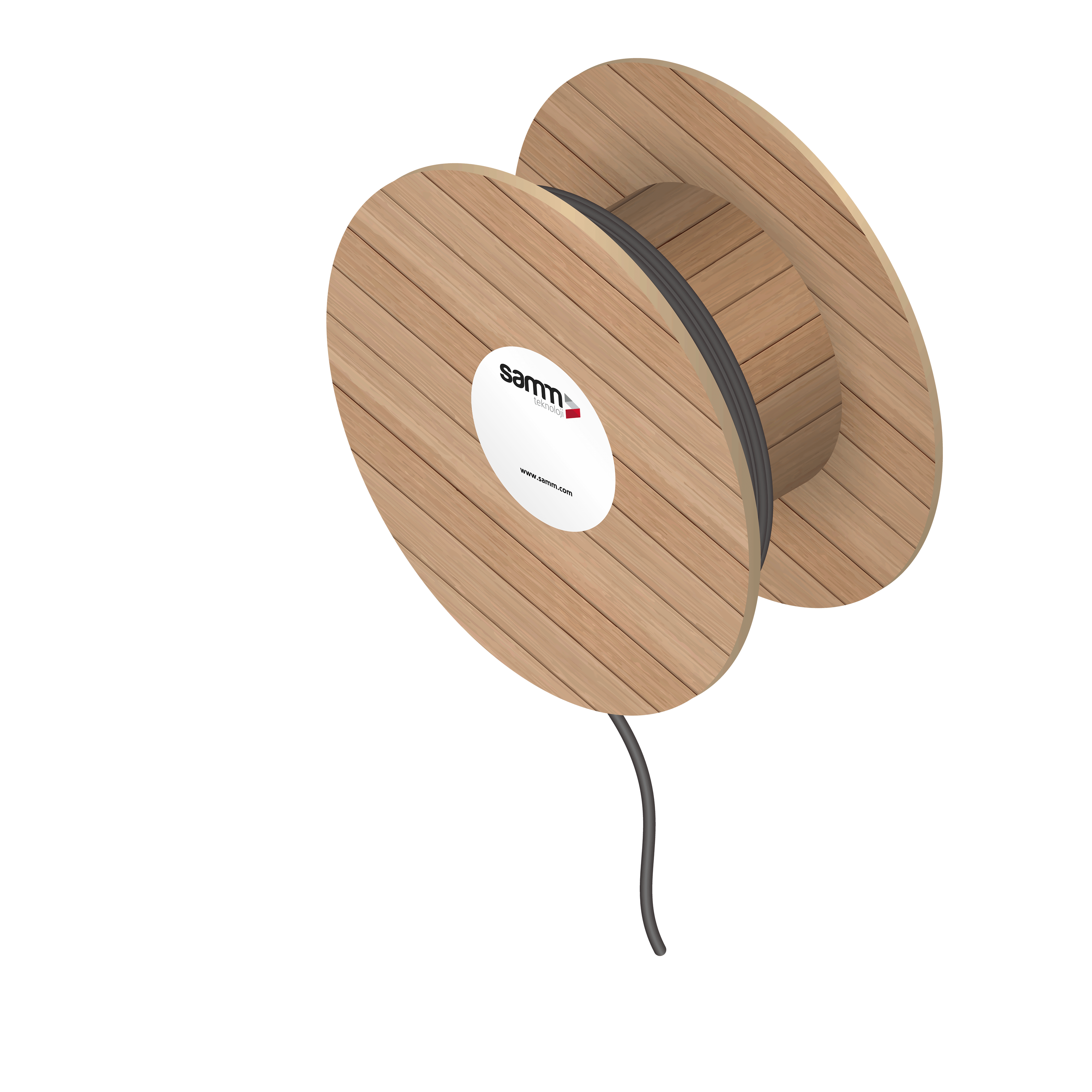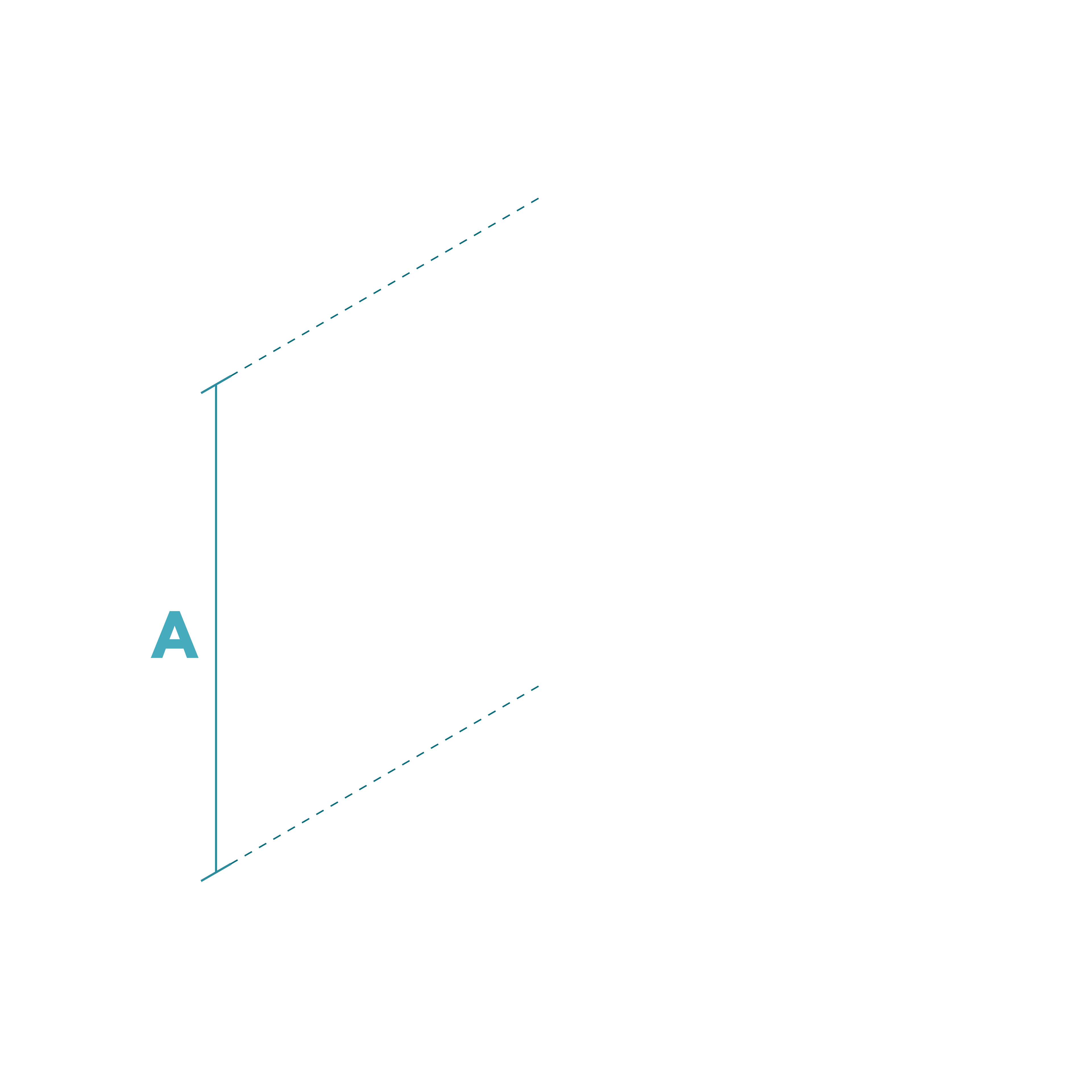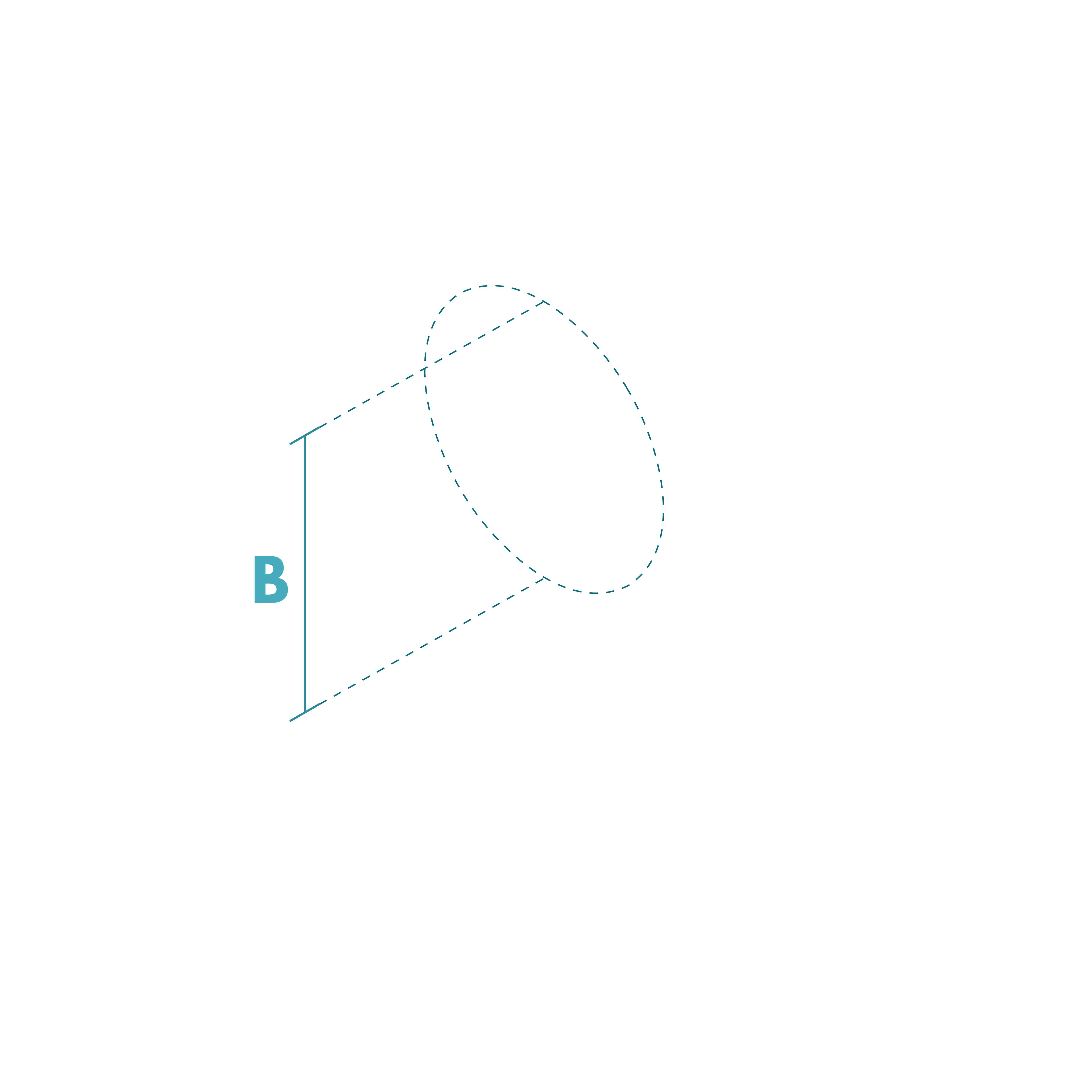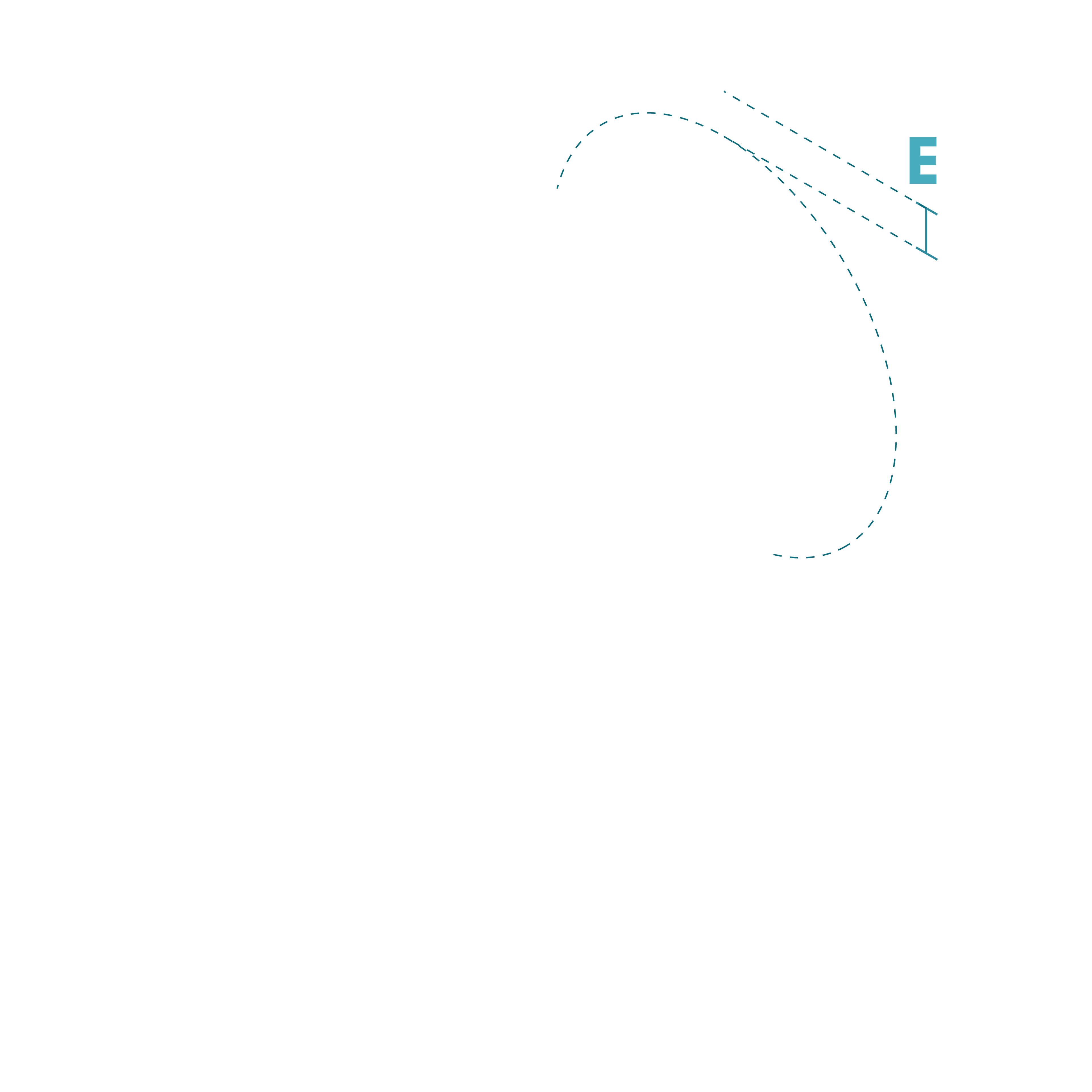Cable Reel Capacity Calculator











With our easy cable reel capacity calculator, you can calculate the maximum reel, spool or drum capacity. In other words, it calculates the maximum length of the cable that can be winded on a reel. All you need is to enter the reel (drum) dimensions and the diameter of the cable. Please note that these measurements might be different in reality, due to various aspects.
| Maximum Reel Capacity | 0 |
| Recommended Cable Length | 0 |
| Reel ID | Flange Diameter | Barrel Diameter | Traverse | Cable Diameter | Edge Clearance | Reel Capacity | Rec. Cable Length | Units |
|---|
Clarification of Cable Reel or Cable Drum Elements
A) Flange Diameter is the cable reel total size
The side circular guards that cover each end of the flat edges of the drum core are known as flanges. A common abbreviation for a wooden cable reel's total size is flange diameter. Flanges are available in a variety of sizes, much like the drum core.
B) Barrel Diameter is the size of the drum core of the reel
The circular core of the cable reel is known as the drum core or the barrel. A large drum, or barrel, offers a broader safe bending radius for the cable but also reduces the capacity of the cable reel or spool. The barrel or drum diameter, in this cable reel capacity calculator, cannot be larger than the diameter of the two flanges, otherwise the cable reel capacity would be zero.
C) Traverse is the inner width of the cable reel
The inner width of the cable reel or cable spool is called traverse. It determines how many rolls of cable can be stacked next to each other in each circular layer. The longer the traverse, or the wider the reel is, the more capacity it has.
D) Cable Diameter is the thickness of the cable on the reel
The cable diameter is essential in determining the capacity of the cable reel. If the cable has a small diameter more cable rolls can be stacked horizontally and more layers of rolls can be added vertically. A single cable reel and store different lengths of cables depending on the thickness, or diameter, of each cable.
E) Edge Clearance is the height of free-board
Some cable reels have round edged flanges, which leave a distance between the edge of the flange and the usable flange surface, up to which the cable rolls can be stacked. This empty space is called the free-board or edge clearance. In some countries there are regulations that determine the free-board edge clearance, because if the cable reel is totally full, the cable might suffer some damage in shipping or storage.
F) Maximum Reel Capacity
If the cable is winded up to the maximum usable surface of the flanges, it reaches the full capacity of the cable reel. If the flanges are not round edged or if you would like to use the cable reel capacity calculator to get the total theoretical capacity of the cable reel, set the edge clearance to zero.
F) Recommended Reel Capacity
If the winding cable on a reel is done manually, the tightness of cable rolls and layers might differ. Thus, it is safer to give each cable reel a recommended capacity which is a rough estimate of 80 percent of its maximum capacity. In addition, have some space between the cable rolls and the flange edge is a healthy practice for keep the cable damage risk at a minimum.

